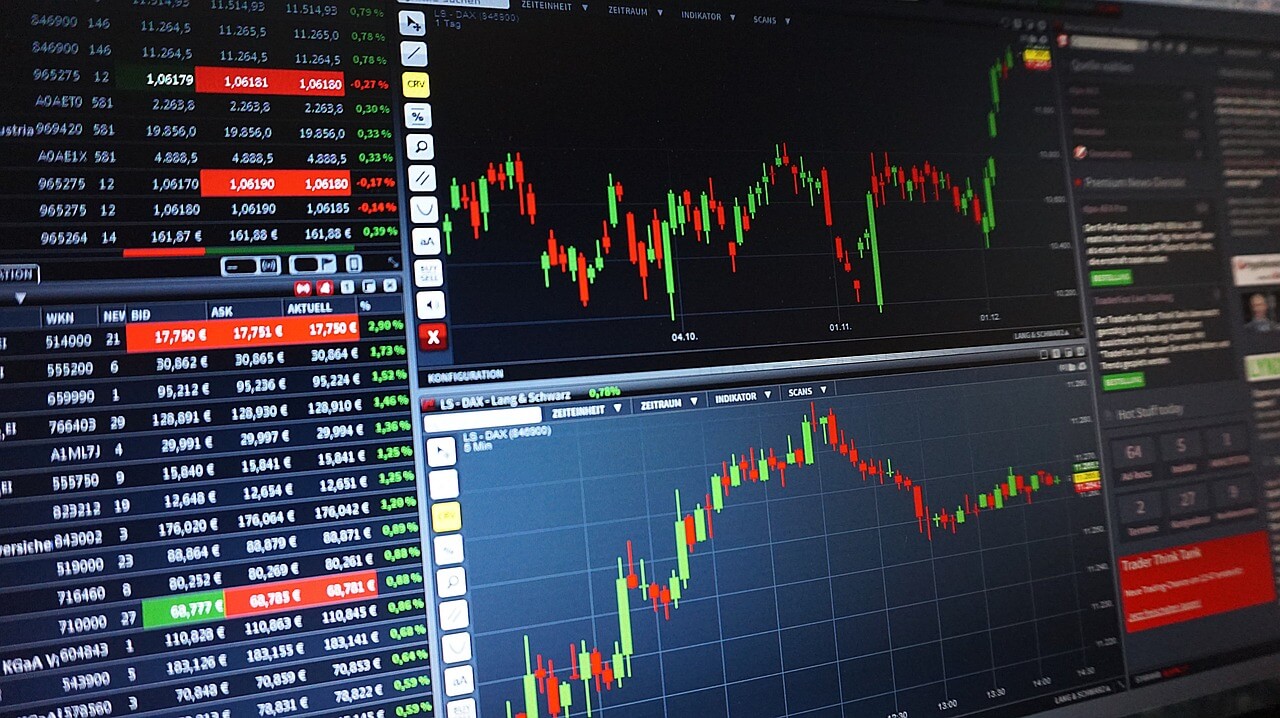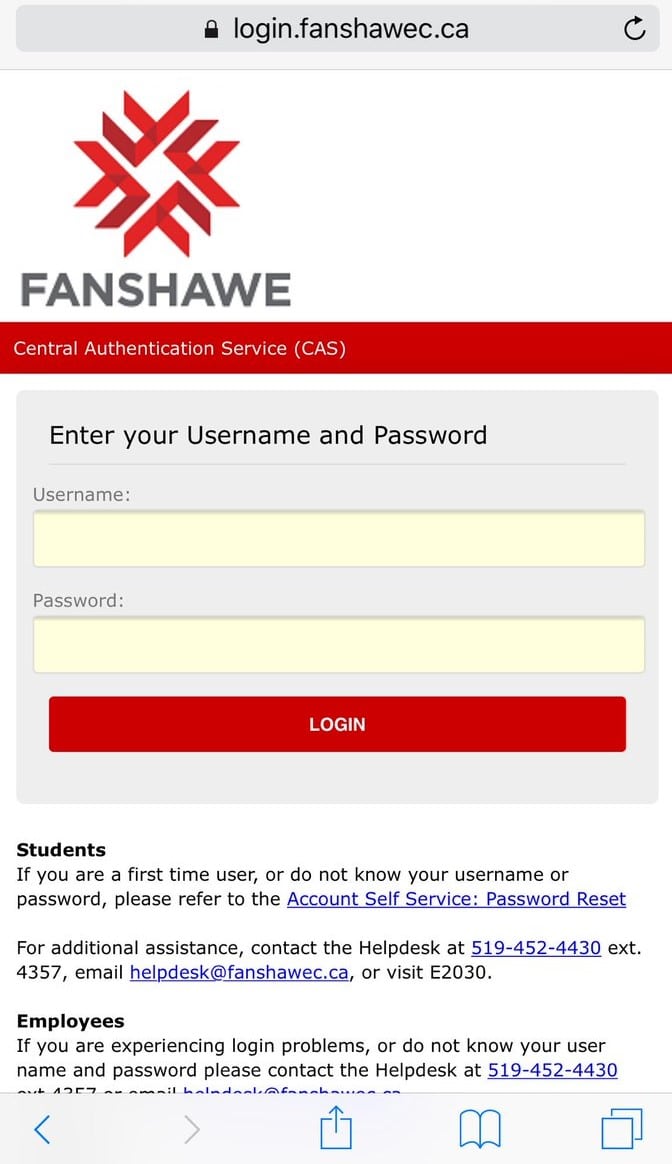The foreign exchange market (forex) is one of the most highly liquid in the world, and with a trading volume of over $5.1 trillion (KES 517,344,000), there is much for traders to take advantage of.
Although forex trading in Kenya is a lucrative business, few people know about or take advantage of it. Throughout Africa, opportunities can also be found everywhere and anytime, especially in South Africa.
African Forex Trends to Watch for in 2020
To help you start trading, we’ve compiled a list of some of the trends in forex to watch out for in 2020 throughout the continent.
South Africa is a Hub for Forex Trading
South Africa is rapidly becoming the hub for retail forex trading on the African continent, led by big banks like Standard Bank, FirstRand, and Nedbank, among others. South Africa’s stock exchange, the largest in Africa, processes daily trading volumes of R23.7 billion (KES 163.4 billion).
The local financial ecosystem is also compared to that of developed economies, and investors can invest in futures and options involving global and African currencies.
In fact, in FXCM’s guide to understanding the forex market, they detail how South Africa’s Rand (ZAR) is the top African currency that’s traded with other countries.
In terms of volume, it’s also among the 20 most traded currencies in the world.
With strong local regulations for forex brokers and growing demand for forex among investors, South Africa is quickly becoming the leading destination for forex trading.
Tighter Forex Regulations in Kenya
Regulations in Kenya have tightened in the last few years, due to a rise in instances of individual traders being duped into depositing funds with unregulated brokers and people claiming outlandish returns on forex trading.
For this reason, Business Daily noted that in 2016 the National Treasury through the Finance Act authorised the Capital Markets Authority (CMA) to be the regulator and supervisor of the forex market in Kenya.
Heavily based on controls and procedures in developed markets like the UK, and forced unregulated brokers to shut down or be licensed by the CMA.
Undervalued Shilling
The Central bank of Kenya (CBK) maintains that the shilling is undervalued, while the International Monetary Fund (IMF) insists that the central bank is overvaluing the local unit.
The IMF suggested that the shilling was overvalued by up to 17.5% after the CBK overhauled its inputted variables.
The CBK, however, maintained that the forex rate (currently KES 101.71 to USD 1) reflected the shilling’s actual value.
Forex investors should keep a close eye on these developments which are closely tied to the country’s current account deficit, which narrowed to 5.3% of GDP from 6.3% the previous year, due to strong tourism growth, increased farm exports and an influx of cash from Kenyans living abroad.
Nigeria’s Growing Forex Market
Investor interest in forex has been steadily growing over the past ten years in Nigeria, with around 300,000 retail forex traders, of which 25-30% are actively trading in the Nigerian forex market every month.
Nigerian youth are now active in forex and see it as a way to their financial freedom, with liberal regulations not capping or restricting CFDs or forex instruments.
Additionally, a report by forex trading platform research firm CPattern indicated that Nigerian forex traders on average make deposits of around $514 (KES 52,273) quarterly, which is the second-highest behind South Africa ($742 or KES 75,424), in terms of net deposits made by traders in Africa.




